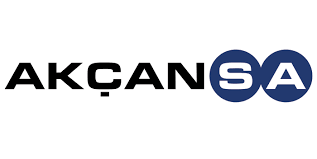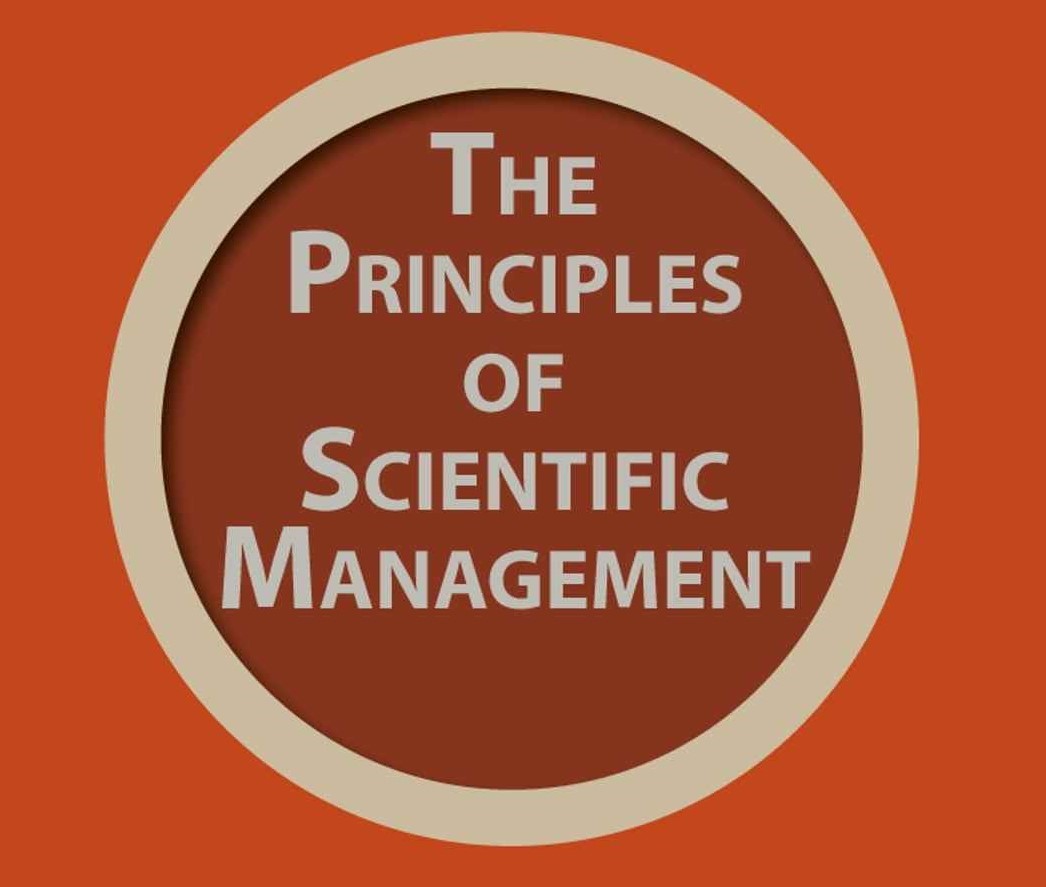24 Şubat 2017 5367 0 AGILE DEVELOPMENT Hakan Aksungar
1. Revenue
The iterative nature of agile development means features are delivered incrementally, enabling some benefits to be realised early as the product continues to develop.
2. Speed-to-market
Research suggests about 80% of all market leaders were first to market. As well as the higher revenue from incremental delivery, agile development philosophy also supports the notion of early and regular releases, and ‘perpetual beta’.
3. Quality
A key principle of agile development is that testing is integrated throughout the lifecycle, enabling regular inspection of the working product as it develops. This allows the product owner to make adjustments if necessary and gives the product team early sight of any quality issues.
4. Visibility
Active ‘user’ involvement throughout the product’s development and a very cooperative collaborative approach. This provides excellent visibility for key stakeholders, both of the project’s progress and of the product itself, which in turn helps to ensure that expectations are effectively managed.
5. Risk Management
Small incremental releases made visible to the product owner and product team through its development help to identify any issues early and make it easier to respond to change. The clear visibility in agile development helps to ensure that any necessary decisions can be taken at the earliest possible opportunity, while there’s still time to make a material difference to the outcome.
6. Flexibility / Agility
In traditional development projects, we write a big spec up-front and then tell business owners how expensive it is to change anything, particularly as the project goes on. In fear of scope creep and a never-ending project, we resist changes and put people through a change control committee to keep them to the essential minimum. In agile development, change is accepted
7. Cost
The above approach of fixed timescales and evolving requirements enables a fixed budget.
8. Customer Satisfaction
The active involvement of a user representative and/or product owner, the high visibility of the product and progress, and the flexibility to change when change is needed, create much better business engagement and customer satisfaction. This is an important benefit that can create much more positive and enduring working relationships.
9. Right Product
The ability for agile development requirements to emerge and evolve, and the ability to embrace change (with the appropriate trade-offs), the team build the right product. It’s all too common in more traditional projects to deliver a “successful” project in IT terms and find that the product is not what was expected.
10. More Enjoyable!
The active involvement, cooperation and collaboration make agile development teams a much more enjoyable place for most people. Instead of big specs, we discuss requirements in workshops. Instead of lengthy status reports, we collaborate around a task-board discussing progress. Instead of long project plans and change management committees, we discuss what’s right for the product and project and the team is empowered to make decisions. In my experience this makes it a much more rewarding approach for everyone. In turn this helps to create highly motivated, high performance teams that are highly cooperative.
In exchange for all these benefits, you do get less predictability, software and humans are still difficult, you can’t blame someone else if things don’t go right, and it generally requires much more commitment and effort from everyone involved – teamwork is even more important.










